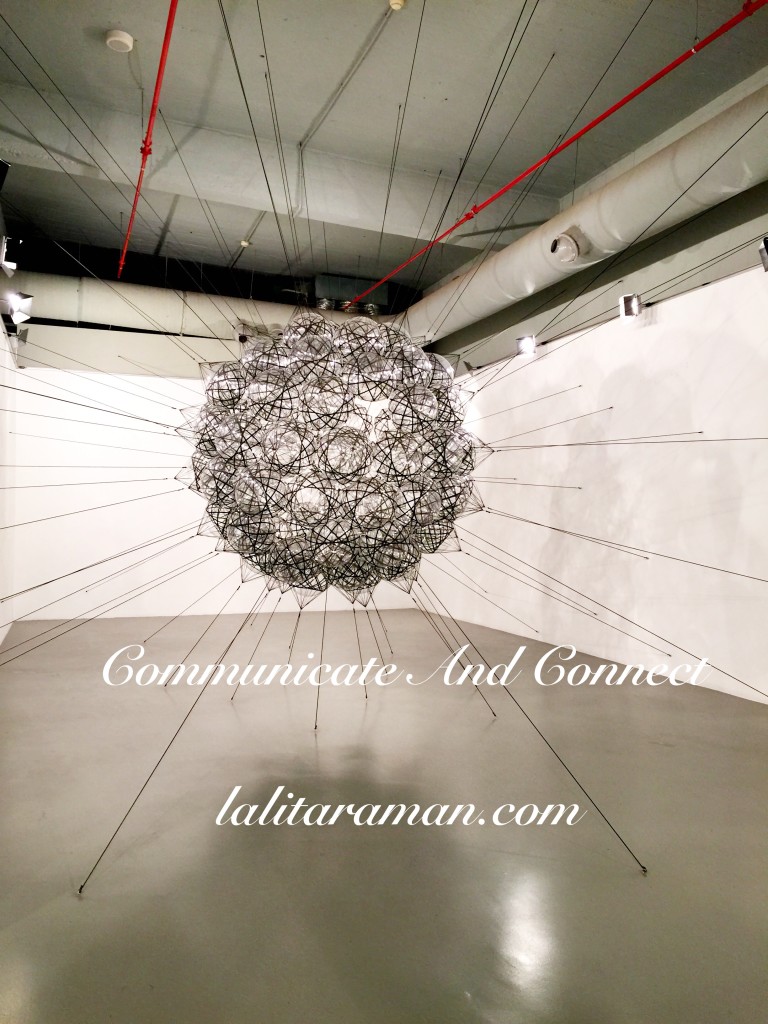Last week, when I was delivering a workshop on Building Your Executive Presence, one of the participants mentioned that her challenge was to answer questions at the end of a meeting or presentation. Questions often increase the pressure on the speaker in a presentation or during a meeting or interview.
However, asking questions shows enthusiasm on part of the listener. Asking questions enables the listener to seek more information, raise issues that you may not have thought of or makes you think of a different perspective. By asking relevant questions you enable a discussion perhaps to set the path to change the final decision.
Questions, if asked properly, with the right tone clarifies, digs deeper, elevates, adjoins and a person who is being asked questions should be happy about it unless they aren’t well prepared or want to avoid giving the answer or know the answer but aren’t in a position to disclose.
Proper questioning is becoming a lost skill or art.
If you have children and /or observe children, you will notice that they ask a lot of questions. They get to their end goal by asking their parents an incessant stream of questions like, Why do you do that? Or Why are you telling me not to do that ? Where are you going? Children, irrespective of culture or which country they come from, ask a lot of questions. However, when we become adults, there seems to be a sudden drop in questions.
→Why don’t adults ask questions?←
I have often heard the argument that children don’t understand many things and thus ask questions and as adults, we understand better and thus there is no necessity to ask so many questions.
I am not sure whether this argument holds any weight because we never stop learning and growing. We live in a world with attention spans getting shorter by the day. As a result, we are in a “get it done” mode instead of stepping back and asking “relevant” questions.
Our education system and the work environment rewards those who give solutions or answers. You are rarely rewarded for asking questions. By asking questions within your department or organization, you may be misunderstood as someone who is trying to rock the boat and also be considered a threat.
→Why the aversion to asking questions or being asked relevant questions?←
Is it fear or is it an indifference ?
As a leader, you want to be asking questions and you want to encourage those around you to ask relevant questions. You should know what kind of questions to ask, to arrive at better insights and decision-making.
The type of questions you ask depends on what you are trying to get at. Are you trying to seek more information, clarify a doubt that you have, challenge a different way of thinking?
Uses for Questions
1. Clarify
Ask questions to clarify intent or understand what has been said. These questions are great because if you ask the right clarification questions, you understand your audience better. These questions are simple, yet we may hesitate to ask because we tend to make assumptions and are worried about what others may think, if we ask questions.
2. Exploratory
How so? These are questions that helps you to get an explanation on a particular topic. They help you to explore further. These exploratory questions helps you to deepen your understanding on a particular topic.
3. Leading questions
You use leading questions when you try to lead the audience to your way of thinking. You can use them when you want to get the answer you want and leave the other person feeling that they have had a choice in closing a deal or sale. e.g. If that answers all your questions, shall we agree on the price ?
Leading questions should be used carefully because they could be seen as manipulative.
4. Elevating questions
These are questions that helps you to move from stuck to unstuck. These questions allow you to step back and look at the big picture and see the connections between various issues.
5. Funnel questions
This involves starting with general questions, and then zero in on a point in each answer, and asking more and more details at each level. This allows you to get deeper into a specific point. e.g.How many people attended the sales meeting? 10
From the 10, were all the seniors present from each department ?Yes
Did they agree to the proposal ? No, not all of them.
Did all of them disagree on the same issue? Yes
Was that on the duration of the project? Yes
These are some types of key questions and their uses.
People learn by asking instead of telling. Leaders can motivate people by asking the right questions to help them get to “where they would like to be” in terms of their goal, from “where they are”.
A LEADER
Listens and Learns from others
Energizes their team and their organization
Actions positivity
Develops themselves and others
Empowers others to lead
Recognizes and Rewards achievement
And all of this is possible not by telling or commanding but by asking the right questions. Your body language and tone of voice also plays a part in the answers you get when you ask questions.
⇒What questions are you asking yourself to be on the path of learning and development?
⇒How are you using questions to be effective?
For speaking, one-on-one coaching, workshops on communication or leadership development, let’s connect.











